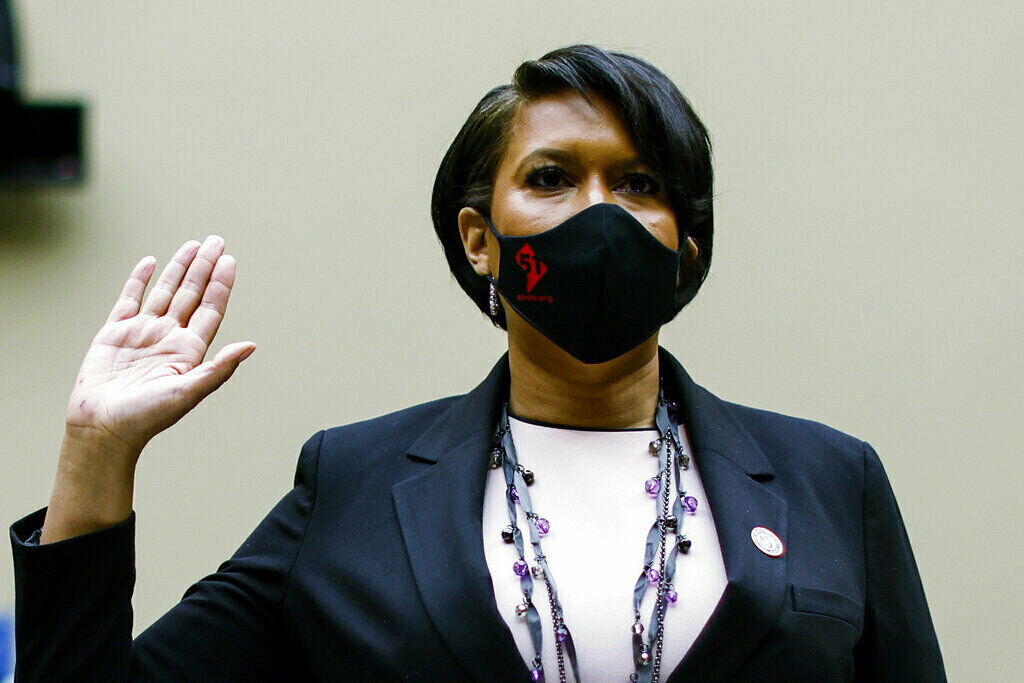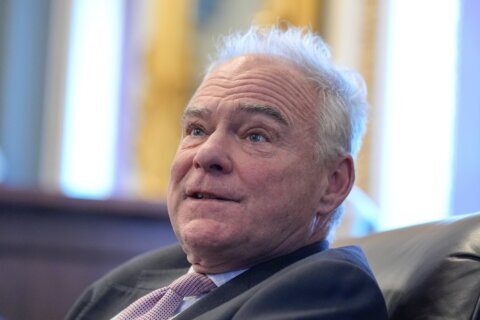
Legislation that would make D.C. the nation’s 51st state was the focus of a congressional hearing Monday, which supporters of statehood hope will build public support for the bill ahead of a House voter later this year.
House Majority Leader Steny Hoyer said before the hearing of the House Oversight and Reform Committee that he plans to bring the bill of D.C. Del. Eleanor Holmes Norton — H.R. 51 — to the floor “in the near future,” though he didn’t indicate a date.
“We have never been closer to statehood,” Norton said, noting that she has 215 co-sponsors for her legislation in the House, though they do not include any Republicans.
Norton said 40 Democrats in the U.S. Senate also support statehood, and Sen. Tom Carper, D-De., is leading an effort to try to broaden support in the upper chamber.
Democrats narrowly control the Senate at 50-50, with Vice President Kamala Harris potentially providing a deciding vote.
But even if the House passes the legislation, as it did last year, Democrats currently don’t have the votes they need to move it forward in the Senate.
Unless there is a change to the filibuster, Democrats need a total of 60 votes to move the bill ahead in the Senate. That means they would need, at minimum, 10 Republicans.
As in the House, there are no GOP Senators on the record supporting D.C. statehood.
D.C. Mayor Muriel Bowser was among those who testified before the House panel on behalf of Norton’s bill, and she bristled at suggestions that the District is unable to self-govern, which were made by Republicans.
“The federal government leaned on our health department to process coronavirus tests and administer vaccines to federal employees and contractors,” she said.
She pointed out that despite its efforts, D.C. had to fight to get $755 million in federal funding included in the CARES Act passed by Congress last year. The money was initially not included, since D.C. was categorized as a territory rather than as a state.
In the recently-passed $1.9 trillion dollar COVID relief package, the funding was included for the District.
Bowser also alluded to the fact that she doesn’t have powers that state governors have. During the Jan. 6 insurrection at the U.S. Capitol, Bowser could not direct the National Guard to respond to rioters.
The mayor said in such a situation, D.C. should be considered a partner to help the federal government, like Virginia or Maryland.
“Arguing that Washingtonians must remain disenfranchised to protect the interest of the federal government is dangerous, outdated and outright insulting,” she said.
Monday’s congressional hearing was not necessary to set up a vote on the House floor. But Democratic lawmakers said it provided another chance for Americans to more fully understand the challenges D.C. faces.
They also hope it will build support for D.C. statehood, which would give the District two senators and a voting representative.
Norton does not have full voting rights on the floor of the House.
Rep. James Comer, R-Ky., the ranking GOP lawmaker on the committee, argued that the effort to make D.C. a state is more of a political play than one based on principle.
“It’s all about creating two new U.S. Senate seats,” he said.








